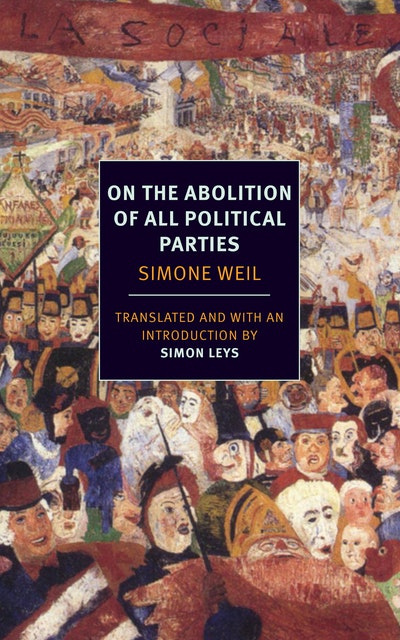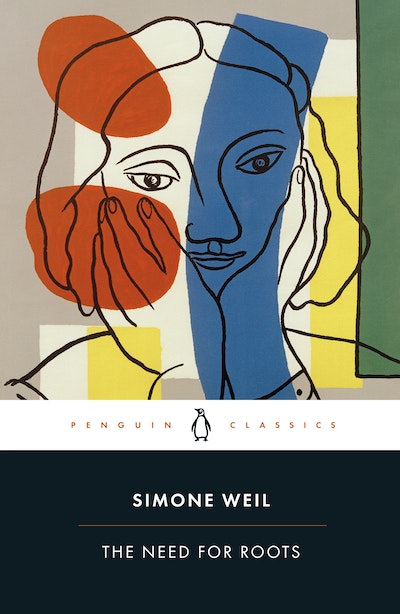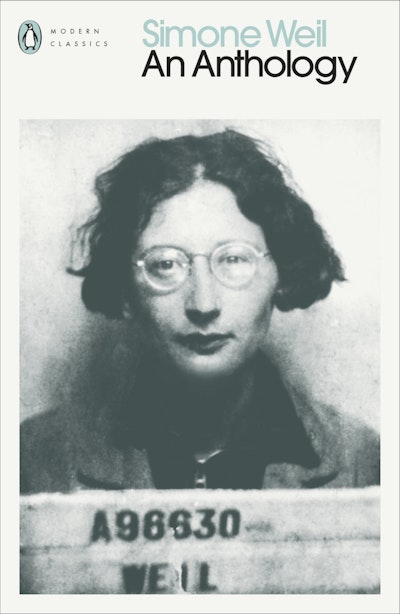- Published: 15 October 2014
- ISBN: 9781590177815
- Imprint: NY Review Books
- Format: Paperback
- Pages: 96
- RRP: $26.99
On The Abolition Of All Political Parties
- Published: 15 October 2014
- ISBN: 9781590177815
- Imprint: NY Review Books
- Format: Paperback
- Pages: 96
- RRP: $26.99
"At a time when the distrust and disenchantment Americans feel with politics runs deeper than the Mariana Trench, Weil's essay 'On the Abolition of All Political Parties' would no doubt be a best seller." --Robert Zaretsky, The New York Times op-ed, "Recalling the Apostle of Nonpartisanship" (August 21, 2013)
"What makes her thought so special, so bracing and so strange, is its combination of philosophical rigour and spiritual compass...Only a saint could withstand the pressure to conform to the prefabricated morality of the political realm; only a genius could formulate ideas outside the 'for' or 'against' thinking so long inculcated by party politics that it has become a kind of 'intellectual leprosy.' The tone and texture of this vivid editorial, however, renews a certainty that Weil was both." -- The Australian
"Weil's writing is unusual and compelling, in part, because it is both quite strictly rational and eccentrically spiritual. Her argumentation is so compact, so holistic, each sentence and paragraph building methodically on its predecessor, that trying to précis her is probably futile. To omit anything from a summary of her writing is to short-change her. She writes modestly and without flair, but her words all but radiate moral and intellectual conviction." --The Australian Book Review
"At a time when the distrust and disenchantment Americans feel with politics runs deeper than the Mariana Trench, Weil's essay 'On the Abolition of All Political Parties' would no doubt be a best seller." --Robert Zaretsky, The New York Times op-ed, "Recalling the Apostle of Nonpartisanship" (August 21, 2013)
"What makes her thought so special, so bracing and so strange, is its combination of philosophical rigour and spiritual compass...Only a saint could withstand the pressure to conform to the prefabricated morality of the political realm; only a genius could formulate ideas outside the 'for' or 'against' thinking so long inculcated by party politics that it has become a kind of 'intellectual leprosy.' The tone and texture of this vivid editorial, however, renews a certainty that Weil was both." -- The Australian
"Weil's writing is unusual and compelling, in part, because it is both quite strictly rational and eccentrically spiritual. Her argumentation is so compact, so holistic, each sentence and paragraph building methodically on its predecessor, that trying to précis her is probably futile. To omit anything from a summary of her writing is to short-change her. She writes modestly and without flair, but her words all but radiate moral and intellectual conviction." --The Australian Book Review





